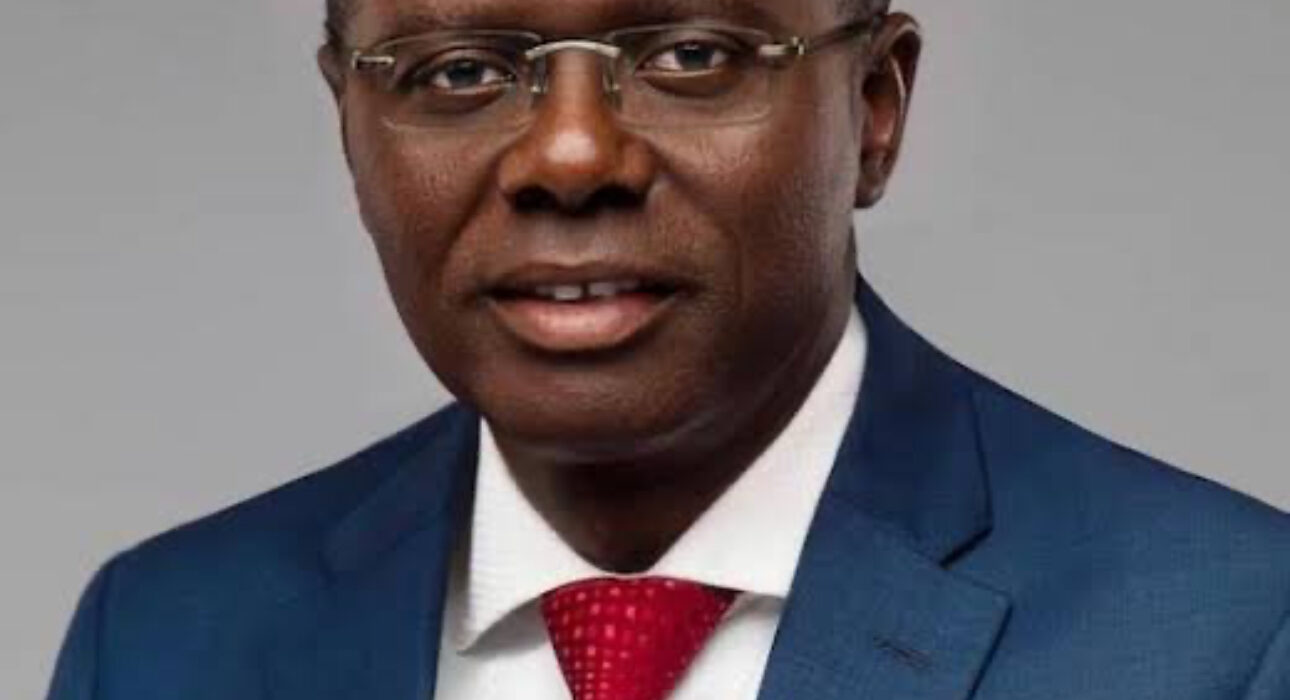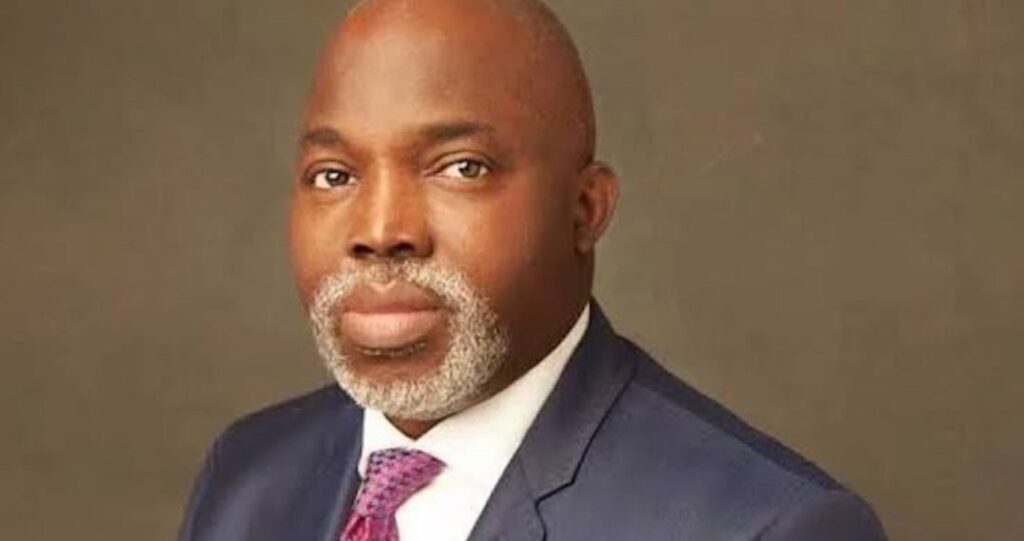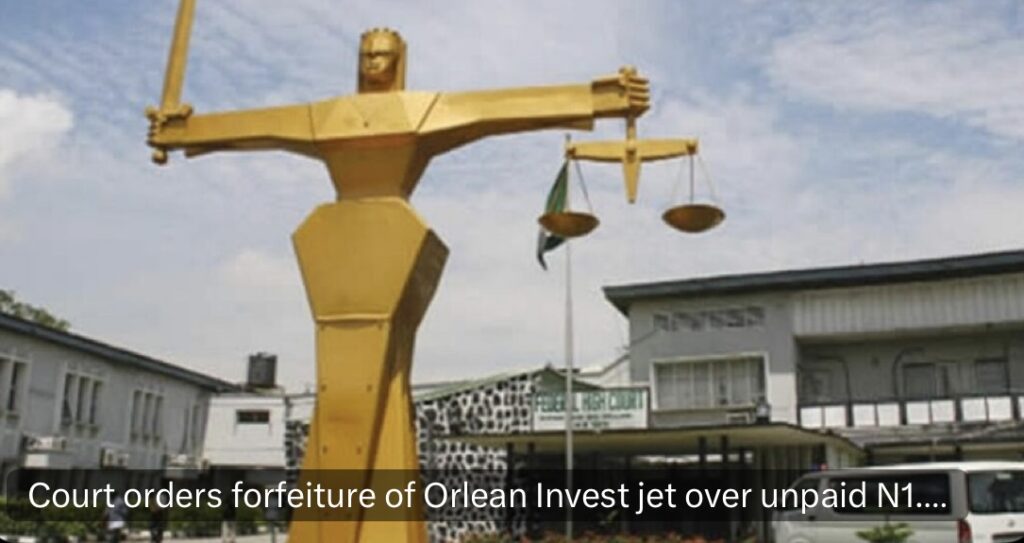Sanwo-Olu Stresses Need for Faster Justice Delivery

Lagos State Governor, Babajide Sanwo-Olu has reiterated the importance faster dispensation if justice as cases was lasting too long in courts thereby suffering those seeking justice.
Sanwo-Olu waxed judicial when he pointed out the need for justice in good time, emphasizing that justice delayed is justice denied on the need to expedite action in the creation and constitutional recognition of the request.
“Justice delayed is justice denied,” Sanwo-Olu stated, referencing a number of high-profile cases, including that of Miss Oluwabamise Ayanwole, a 22-year-old fashion designer who was brutally killed in March 2022. Justice has been delayed in the presence of such seriousness, and the slow pace of the judiciary has raised eyebrows among the public.
The Governor urged faster judgments, stating that a timely justice system would contribute to the strengthening of the rule of law and governance.
This call for speedy justice is supported by Chief Justice of Nigeria, Justice Kudirat Kekere-Ekun, who bemoaned the increasing cases that are mounting in the judiciary. As of the first quarter of 2024, there were a staggering 243,253 cases still pending in different courts around the country.
Justice Kekere-Ekun warned that the backlog of cases jeopardizes public trust in the judiciary if not addressed in seriousness. She urges profound reforms, including embracing technology and alternative methods of settling disputes, to expedite the disposition of cases.
In the state, Lagos has been actively striving to clear the judicial backlog. The Lagos Attorney General, Lawal Pedro, brought to the table that the state government of Lagos is leading an unprecedented bill aiming to reduce the time frame for litigations in trial courts. The bill, should it pass, will ensure most of the trials wrap up between 18 to 24 months and tenancy litigations dealt with within a period of three to six months. This program is expected to drastically reduce the delays that have been a long-standing issue for the state’s justice system.
All these efforts are a definite indication of the wish to rebuild public trust in the judiciary, with emphasis on timeous justice principle. Through the Lagos State Government leading the reform, new law enactments, and the impetus for the use of up-to-date technology in judicial proceedings, it is hoped that the age-old issue of delayed justice will now come to an end.
Lagos, Nigeria’s economic capital and the world’s most populous city, has been grappling with a request for more governance structures in the shape of the need for additional 37 new local governments in response to the rising needs of its cosmopolitan and fast-growing population. Governor Sanwo-Olu’s call for new local governments is premised upon the argument that this expansion is important in the interest of delivering more localized, effective government able to manage national demands for justice and service delivery at the local level more efficiently.
The slogan of “justice delayed is justice denied” continues to remain at the forefront of such debates, with the judiciary and government calling for total overhauls. The struggle for a faster and more accessible system of justice and the movement for new local governments remains in urgent need of compelling effective governance to be expanded and for the administration of justice to be swift and fair in Lagos State.








